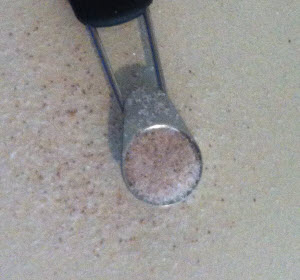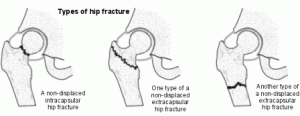Classic Jack Lalanne
Jack Lalanne works on the neck line
Jack Lalanne show us how to make our faces look younger
Does your breathing determine your lifespan?
According to Wendell Hendricks, (Two-time Nobel Laureate, Winner of the Nobel Prize for Cancer Research, Hendricks Research Foundation) a new understanding about the causal relationship between our breath and developing cancer has emerged;
“Cancer is a condition within the body where the oxidation has become so depleted that the body cells have degenerated beyond physiological control. Similarly, the true cause of allergy is lowered the oxidation process within the body, causing the affected individual to be sensitive to foreign substances entering the body. Only when the oxidation mechanism is restored to its original high state of efficiency can the sensitivity be eliminated.”
More simply stated, “Only when the oxidation mechanism is restored to its original high state of efficiency can the sensitivity be eliminated”, more simply, proper breathing promotes better health and according to Hendricks, it is only when we restore our breathing to “its original high state of efficiency”, can we truly prevent certain diseases.
Proper breathing can be a natural and effective way to eliminate chronic pain and depression, while reducing the chance of heart attack and lowering stress.
Breathing Well, is one of those ideas that is simple to do, and if you can make it a habit, has a huge payoff. However it is something that is best taught in person. There are three things I recommend to help you breath better.
- First, let me show you a few basic breathing exercises, something that will be just for you.
- Second, we can talk about your health, and how nutrition can play a role in helping you stay healthy be aiding in delivering oxygen to your body.
- Third, if needed, we can use acupuncture to help kick start the process so you are gaining maximum benefit.
You can live without food and water for a short while, but you can’t live more than a few minutes without breathing. Breathing properly is essential to good health.
Come and see me, or recommend a friend who you know can benefit from a “Healthy Breathing – Cellular Oxidation Consultation”.
Best in health,
David Bibbey OL.Ac, (Dipl. Ac – NCCAOM)
 Alternative Primary Care
Alternative Primary Care






